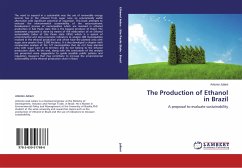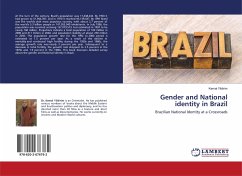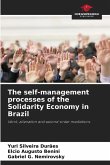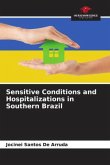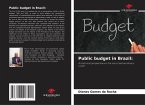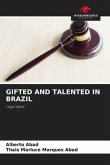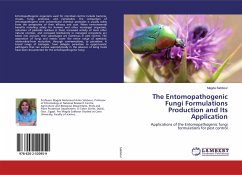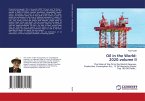The need to expand in a sustainable way the use of renewable energy sources has in the ethanol from sugar cane an economically viable alternative with significant potential of expansion. This book attempts to evaluate the environmental sustainability of the socio-economic development process of municipalities which are involved in ethanol production in São Paulo state that is the biggest producer of Brazil. The assessment proposed is done by means of the elaboration of an Ethanol sustainability Index of São Paulo state (IPSE) which is a system of environmental and socio-economic indicators to analyze 306 municipalities involved in the ethanol production and which have the planted area with sugar cane greater than 5.000 hectares. It is also developed a chapter with comparative analysis of the 127 municipalities that do not have planted area with sugar cane in its territory and do not belong to the ethanol production chain. At the end, along with the conclusions of the analysis arepresented some suggestions to guide possible public policies and regulatory measures that may contribute to increase the environmental sustainability of the ethanol production chain in Brazil.
Bitte wählen Sie Ihr Anliegen aus.
Rechnungen
Retourenschein anfordern
Bestellstatus
Storno

